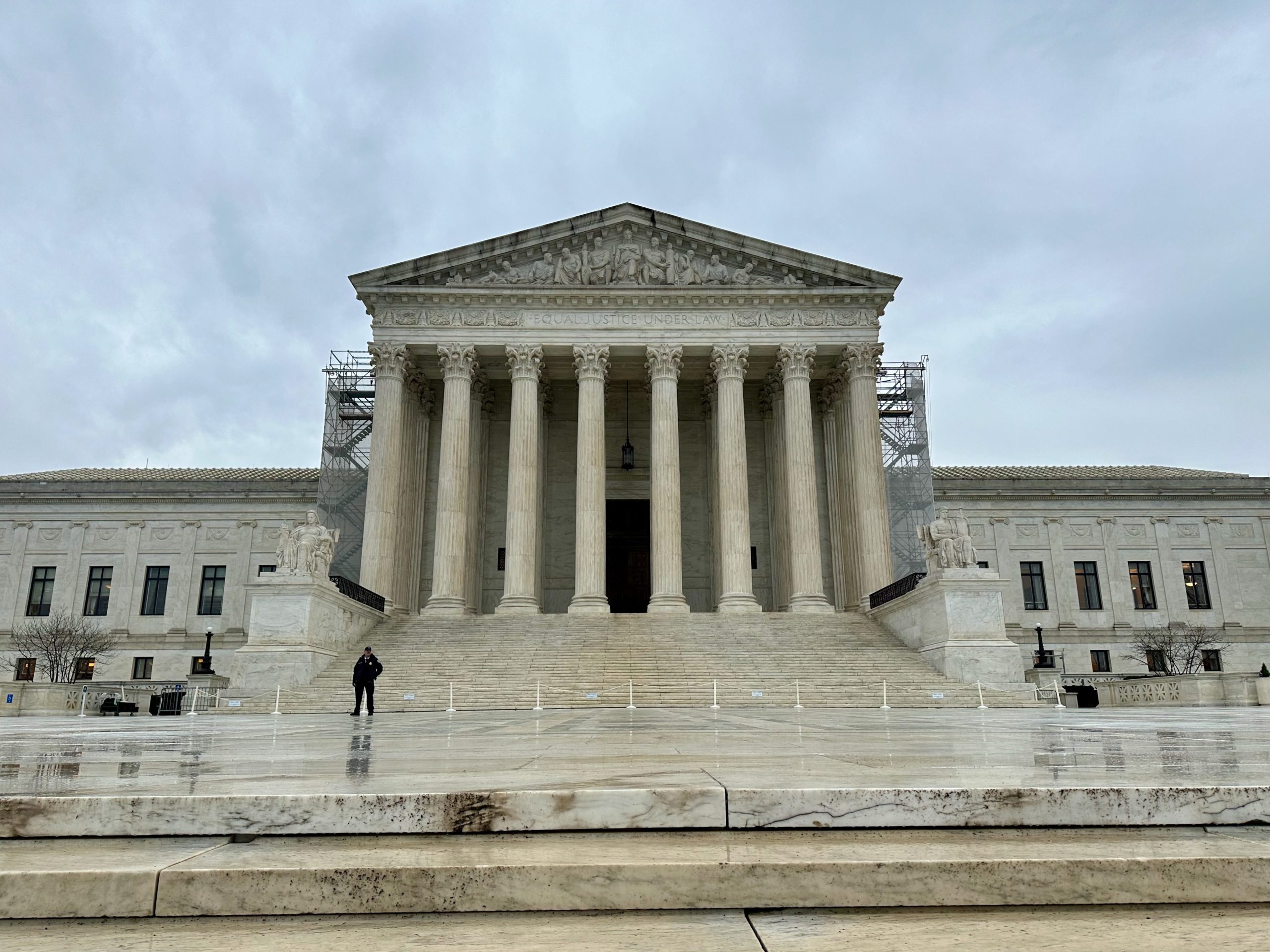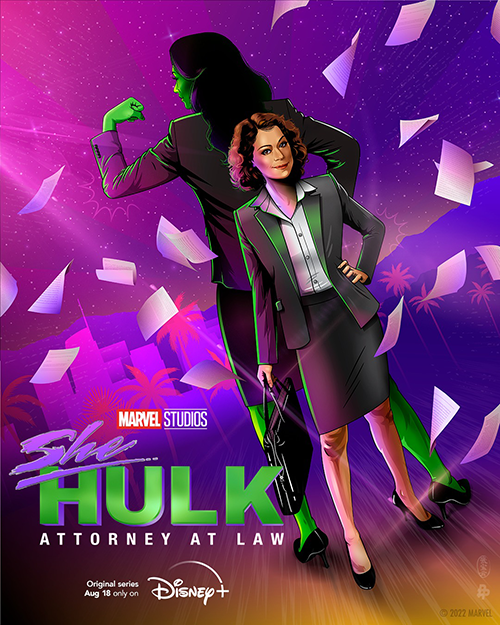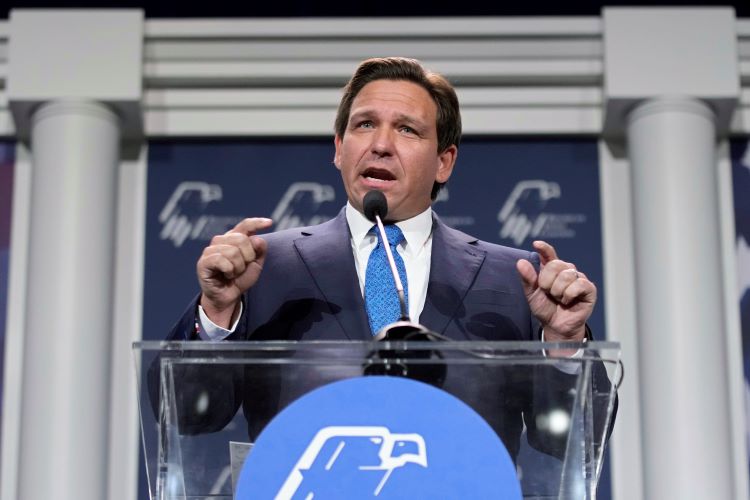How ghostwritten Supreme Court briefs are used as a strategy
U.S. Supreme Court
How ghostwritten Supreme Court briefs are used as a strategy
May 21, 2024, 12:02 pm CDT
There are no rules against ghostwritten briefs. Tom Goldstein, who co-founded Stanford Law School’s Supreme Court Litigation Clinic, doesn’t see ethical issues, nor do other U.S. Supreme Court advocates who spoke with Bloomberg Law. (Image from Shutterstock)
Metadata offers a clue that a New York consumer fraud attorney who signed a U.S. Supreme Court brief was not the actual author.
The metadata lists the author as former Supreme Court litigator Tom Goldstein, who co-founded Stanford Law School’s Supreme Court Litigation Clinic, Bloomberg Law reports.
Goldstein told the publication that he didn’t write the brief, but it’s likely that someone at the clinic did using an existing template.
There are no rules against ghostwritten briefs, Bloomberg Law reports. Goldstein doesn’t see ethical issues, nor do other Supreme Court advocates who spoke with the publication.
According to Bloomberg Law, ghostwritten Supreme Court briefs are “a relatively common, albeit little-known, tactic attorneys use to steer the justices away from taking a case.”
Briefs are more likely to be ghostwritten when they oppose a cert petition, Bloomberg Law explains. The idea is that the Supreme Court is less likely to grant cert when a lawyer with little appellate experience is on one side.
Sean Marotta, a partner at Hogan Lovells, suggested in a post on X, formerly known as Twitter, that justices are likely to see through such a tactic, however.
The likely use of a ghostwriter didn’t work for the consumer fraud attorney, Jeffrey Benjamin. He wanted the Supreme Court to let stand an appellate decision that allowed his truck-driver client to sue the maker of CBD hemp oil for an alleged RICO violation.
Truck driver Douglas Horn alleged that he used the company’s CBD product based on representations that it didn’t contain THC, the active ingredient in marijuana. He failed a drug test after using the product and was fired from his job.
The Supreme Court agreed to hear the appeal by the company, Medical Marijuana Inc., on April 29, according to past coverage by the Associated Press and SCOTUSblog.
After the Supreme Court agreed to hear the case, Easha Anand, co-director of the Supreme Court Litigation Clinic at Stanford Law School, was listed as a counsel for Horn.
Daniel Geyser, a partner at Haynes and Boone, isn’t surprised by such a development.
“Almost every time you see a brief bearing the hallmarks of a Supreme Court veteran, sure enough some veteran appears once the case is granted,” Geyser told Bloomberg Law.






